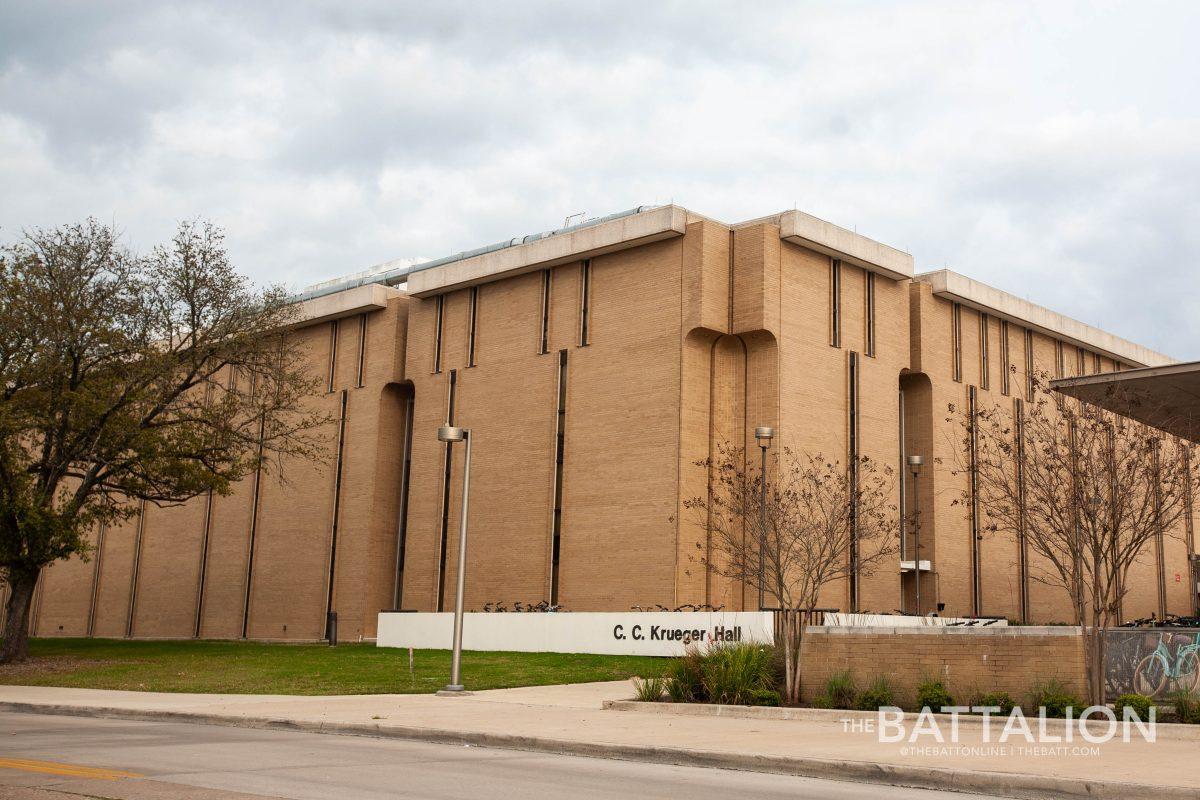The spring 2022 semester began with four Clery Alerts, all pertaining to burglary of habitation. The frequency of these alerts may have caused concern regarding the safety of on-campus housing at Texas A&M.
Within the span of nine days, the timely warning system notified A&M students and faculty of four burglary of habitation. Known as the Clery Act, universities are mandated under federal law to make students and faculty aware of recent reports of criminal activity on campus property. Though these reports can be unnerving, campus police and A&M’s Department of Residence Life outline the safety of Aggieland as well as best practices to keep your belongings safe, including securing valuables and locking doors.
Although alarming, the recent increase in crime alerts are not cause for concern, University Police Department, or UPD, Lt. Bobby Richardson said, outlining the steady rate of reports compared to semesters past.
“There has not been a sudden increase in burglary of habitation,” Richardson said. “Over the past five years, the statistics of these cases have remained steady throughout the semester.”
Richardson said the Clery Act outlines requirements for universities to make its community aware of crime occurrences.
“The Clery Act requires institutions of higher education to use an Emergency Notification, or Code Maroon, for an immediate threat to the campus community,” Richardson said. “The Clery Act further requires institutions to notify the campus community through Timely Warnings for Clery Act crimes that occur in the institution’s Clery geography that are either serious or pose a continuing threat to the community. Not all crimes, Clery or otherwise, will have a Timely Warning issued.”
Richardson said there are certain steps taken after the Timely Warning is issued to apprehend guilty suspects.
“After the crime alert is published and the preliminary investigation, the case is assigned to a detective who further investigates the crime,” Richardson said. “In many cases, the investigation leads to the arrest of a suspect and the recovery of the stolen property.”
Maggie Guzman, associate director for Residence Life, said there are several best practices to keep in mind to ensure you and your property stay safe.
“Best tips for students: first of all, lock your door and don’t let people ‘tailgate.’ Whenever you’re coming into the building, sometimes it’s hard for people because we’re raised to be polite and hold the door,” Guzman said. “However, the best thing you can do is just close the door and pretend you don’t see the person and make them swipe in. Also, it’s important that if a student sees something, they say something to any of our Residence Life staff.”.
Economics junior Keillor Holland said during his time living in Krueger Hall, he never felt unsafe due to the precautions implemented by the university.
“I was confident because of the two-step safety process where you were required to swipe in as well as locking your door,” Holland said. “In terms of housing, I have actually felt less safe in previous apartment buildings compared to my time staying in the dorms.”
Guzman mirrors this sentiment, and said this feeling is reflected in the current satisfaction scores of on-campus students surveyed who utilize on-campus housing.
“As far as complaints go, I talked to our living staff supervisors and they have not really heard of any complaints or concerns about student safety,” Guzman said. “The most recent survey shows pretty good responses in terms of how students felt about their safety and security on campus.”
For more information regarding campus safety, visit: Tell Somebody and the Residence Hall and Apartment Handbook










